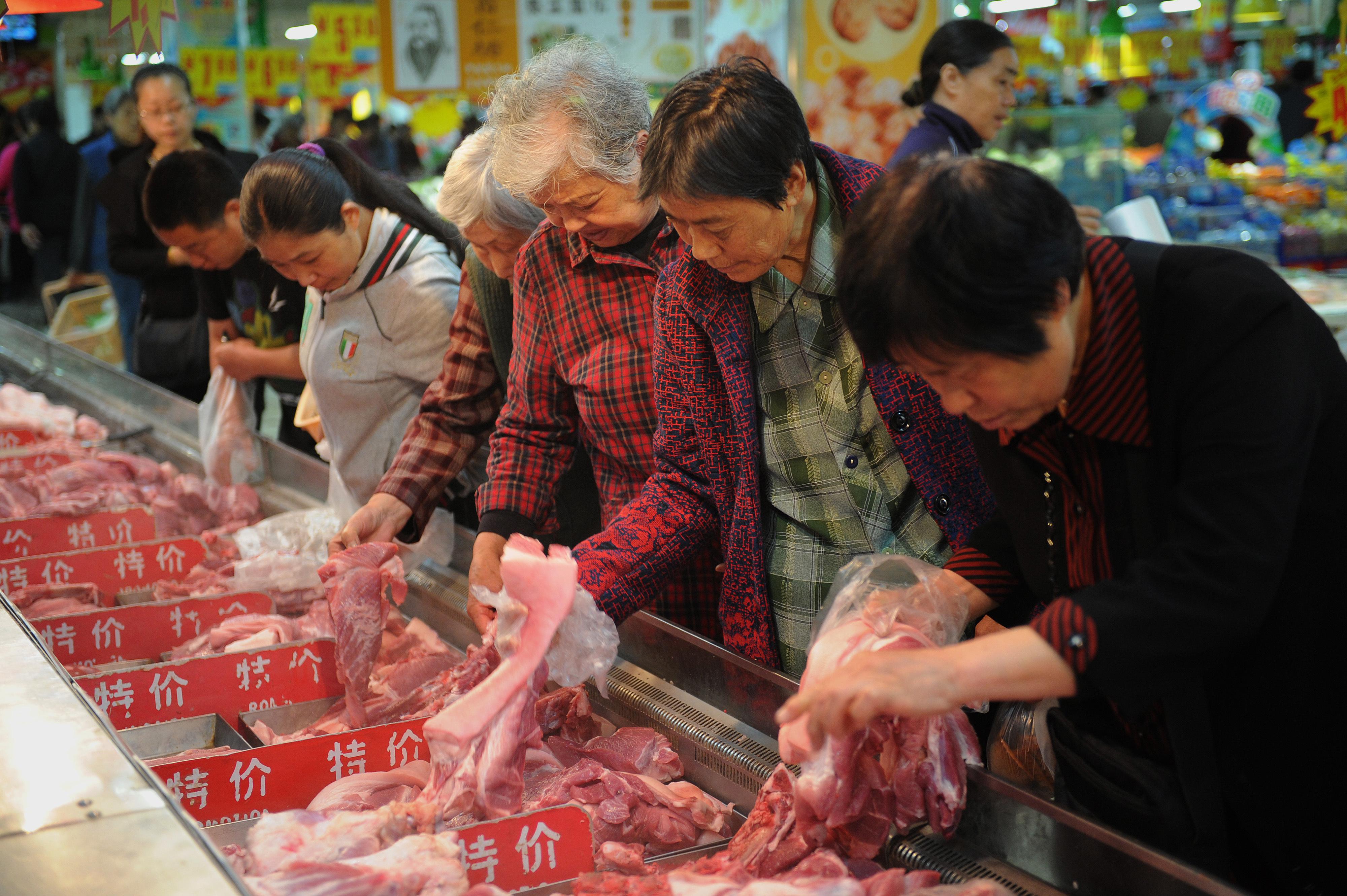Back in November I wrote about the current Chinese government’s efforts to reign in the country’s lavish official banquet culture, which cost the state about $48 billion per year and contributed heavily to national food waste of about $32 billion. In the wake of President Xi Jinping’s “clean your plate” campaign, catering companies and restaurants in Shanghai and Beijing saw their business drop by as much as 35 percent. Shark’s fin soup, a controversial delicacy that was once a staple at these events, has also been banned.
And as Simon Rabinovitch of the Financial Times reports today, the impact of this austerity drive is being felt in prices in the run-up to Chinese New Year at the end of this month:
The consumer price index fell to 2.5 per cent, from 3.0 per cent in November. It was a seven-month low, bucking the usual pattern of higher year-end inflation.
Food prices, the primary cause of the slowdown, rose 4.1 per cent year on year in December, down from 5.9 per cent in November. Stripped of food prices, inflation edged up to 1.7 per cent year on year from 1.6 per cent in November.
Overall, food prices went through their second annual decline last year, according to the U.N. Food and Agriculture Organization. The exceptions are milk and beef prices, which again are largely driven by Chinese demand. China’s demand for imported milk powder—amid fears about contamination in the domestic supply—and growing taste for beef are pushing up global prices for both.
It might be time for a variation on one of the financial world’s favorite clichés: When China skips lunch, the world gets hungry?
